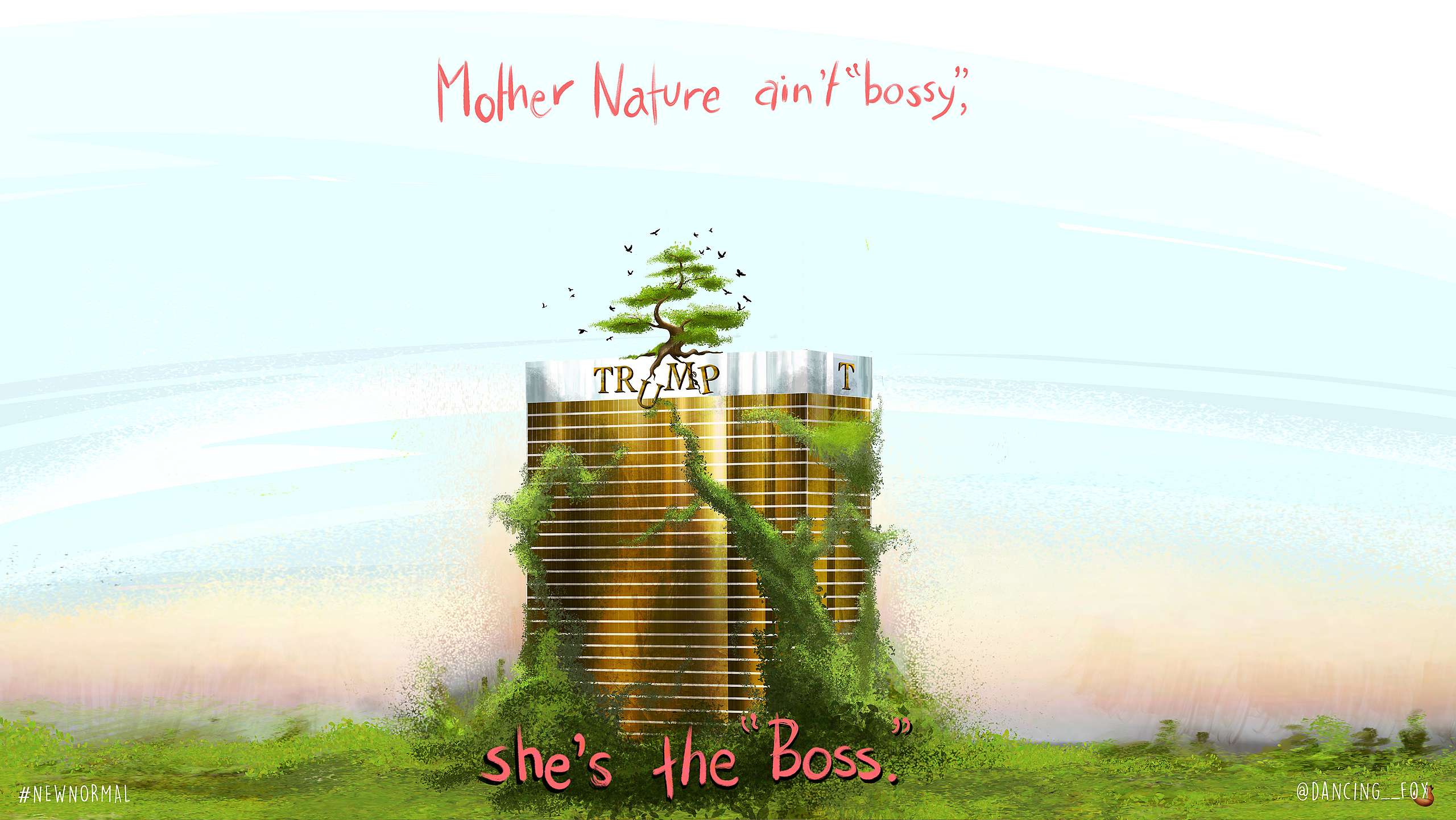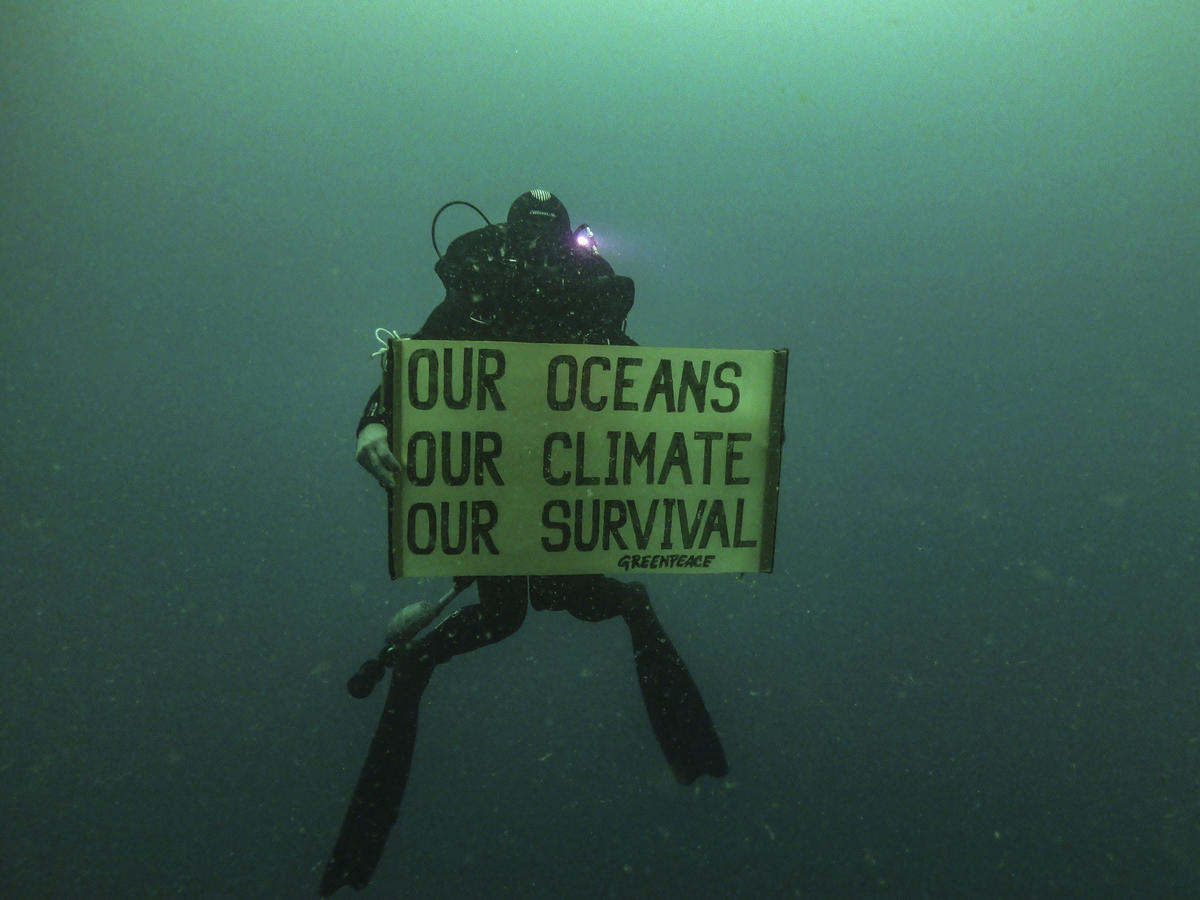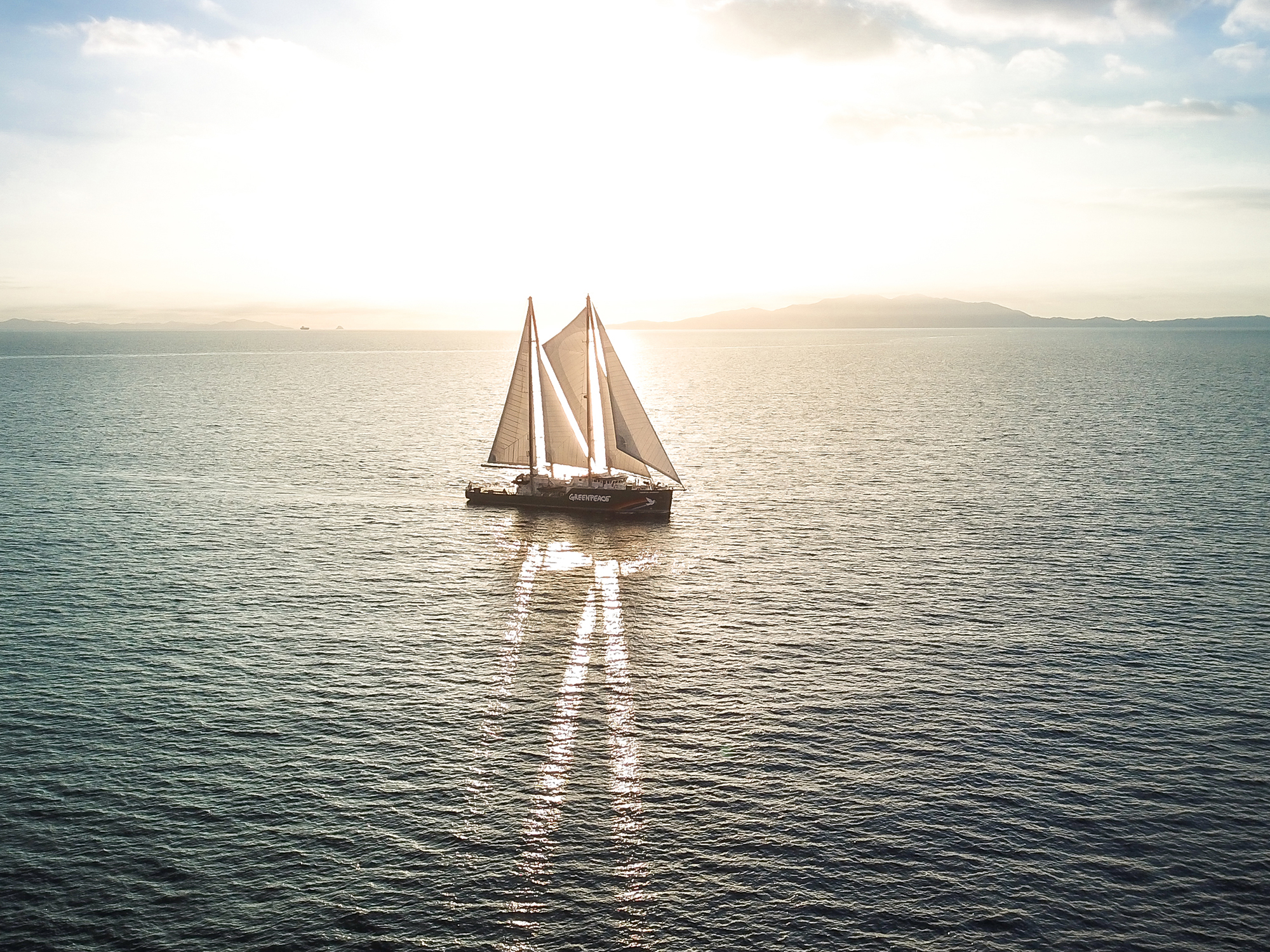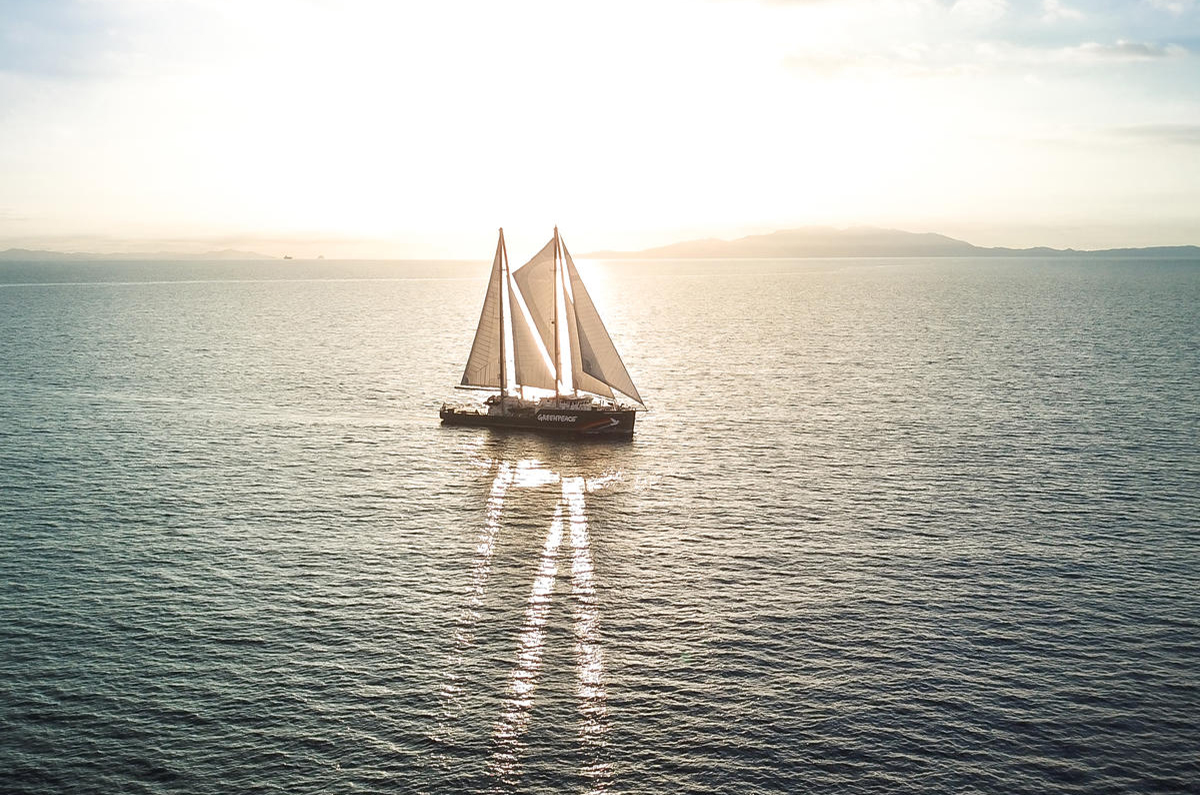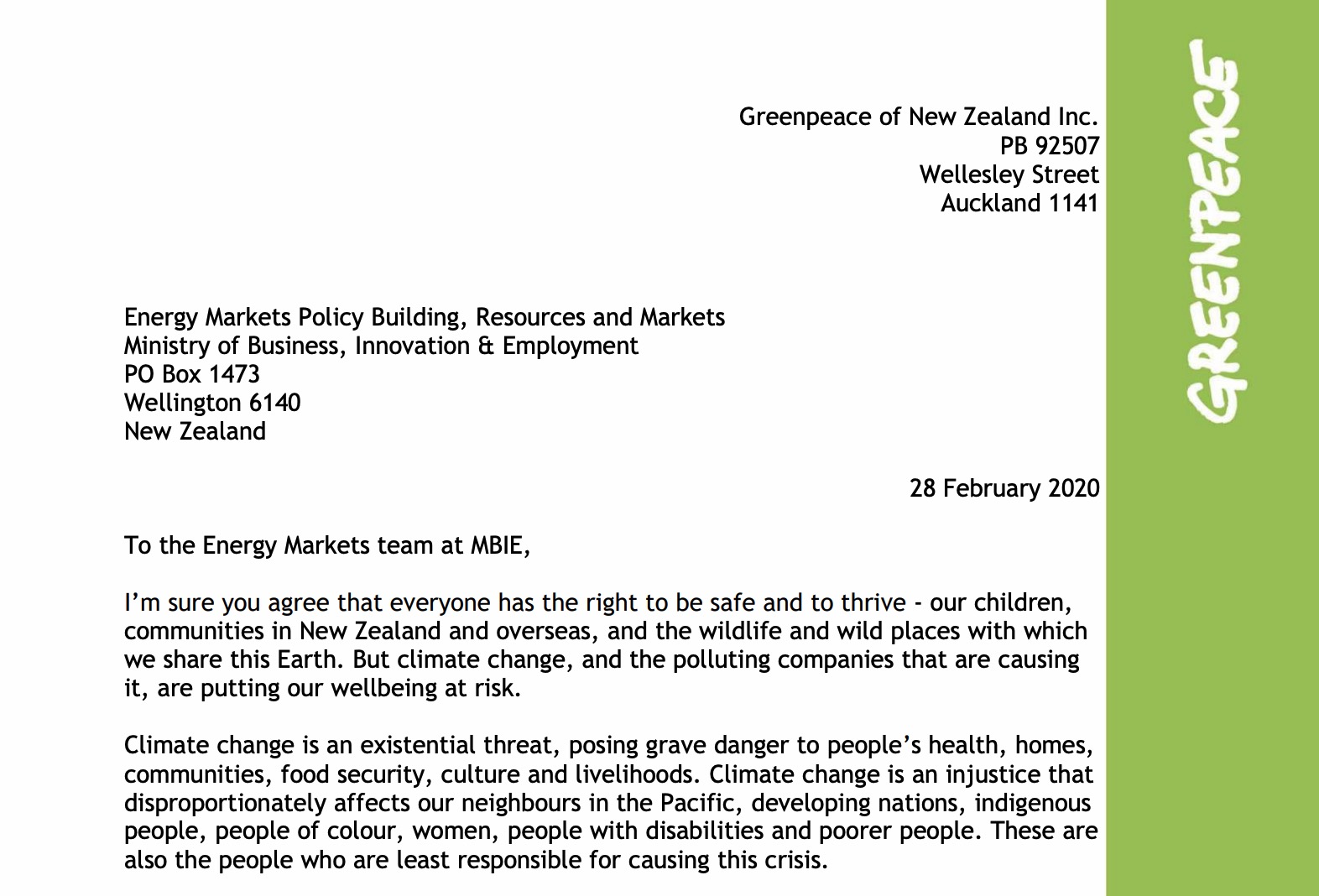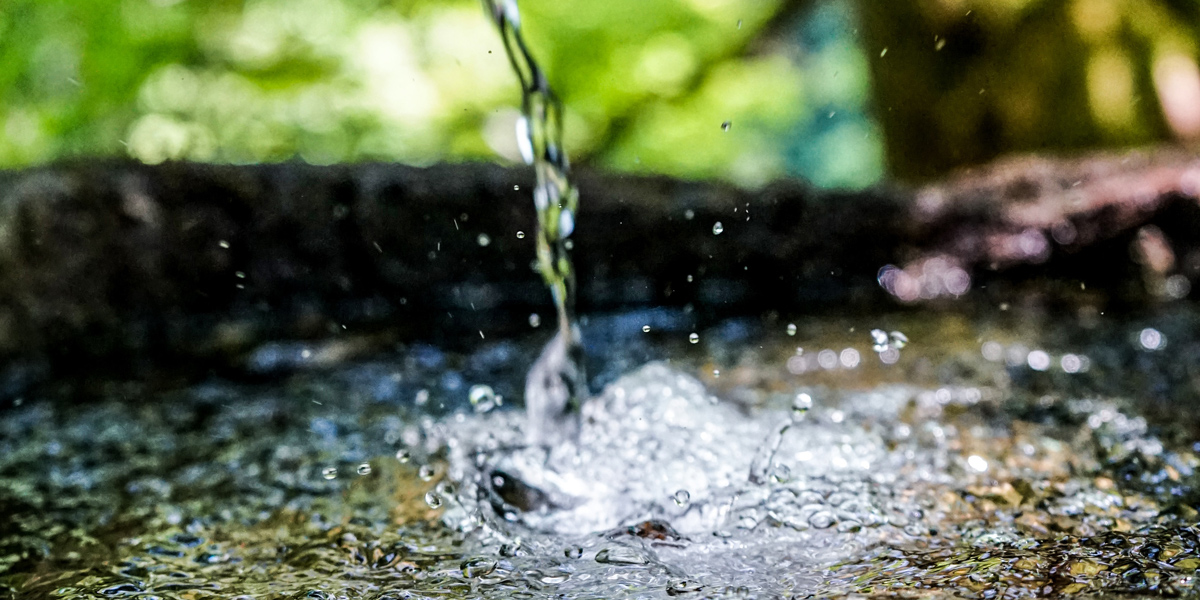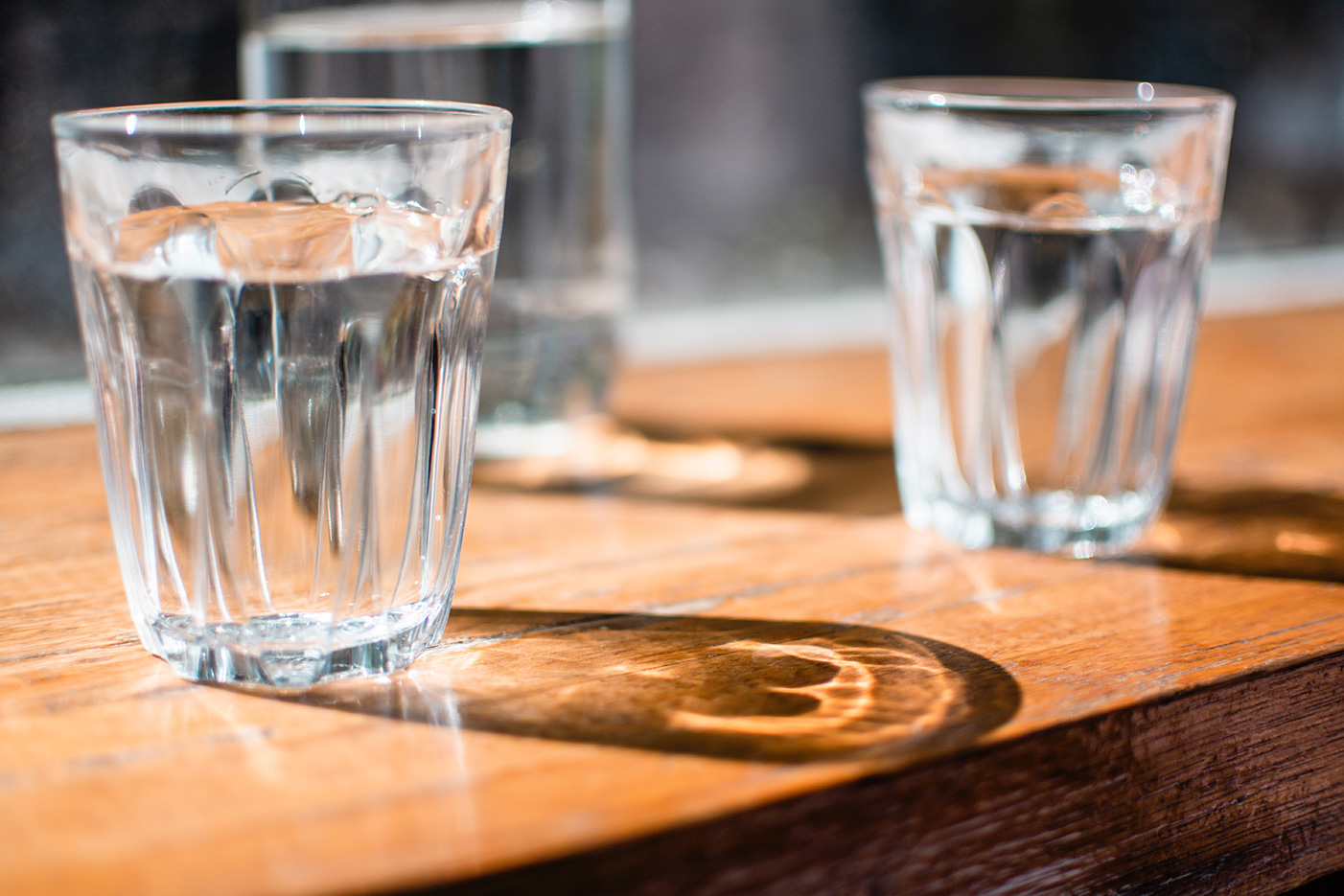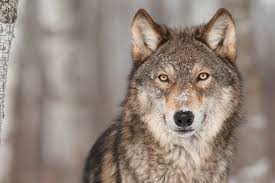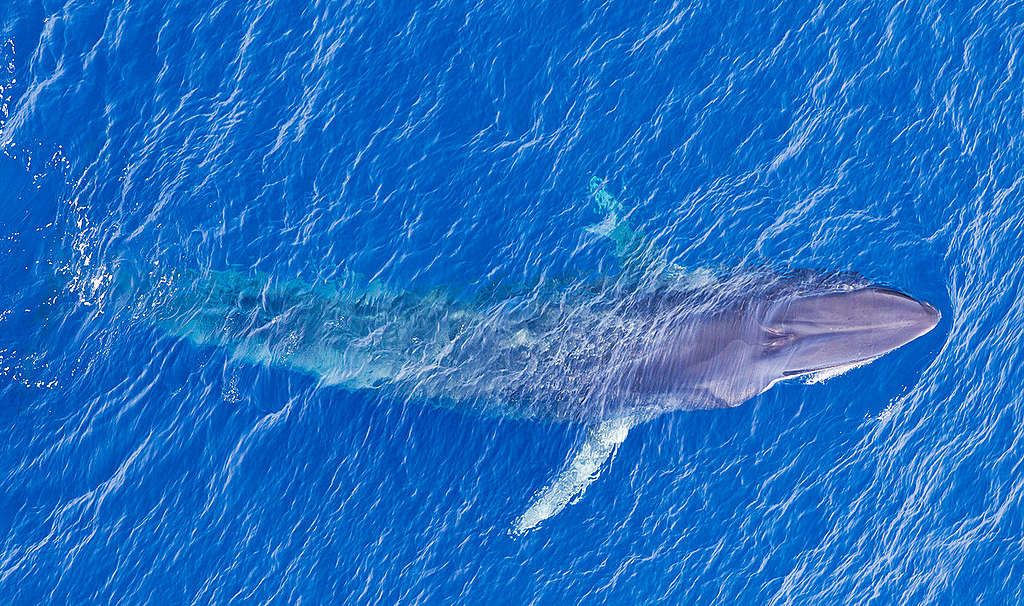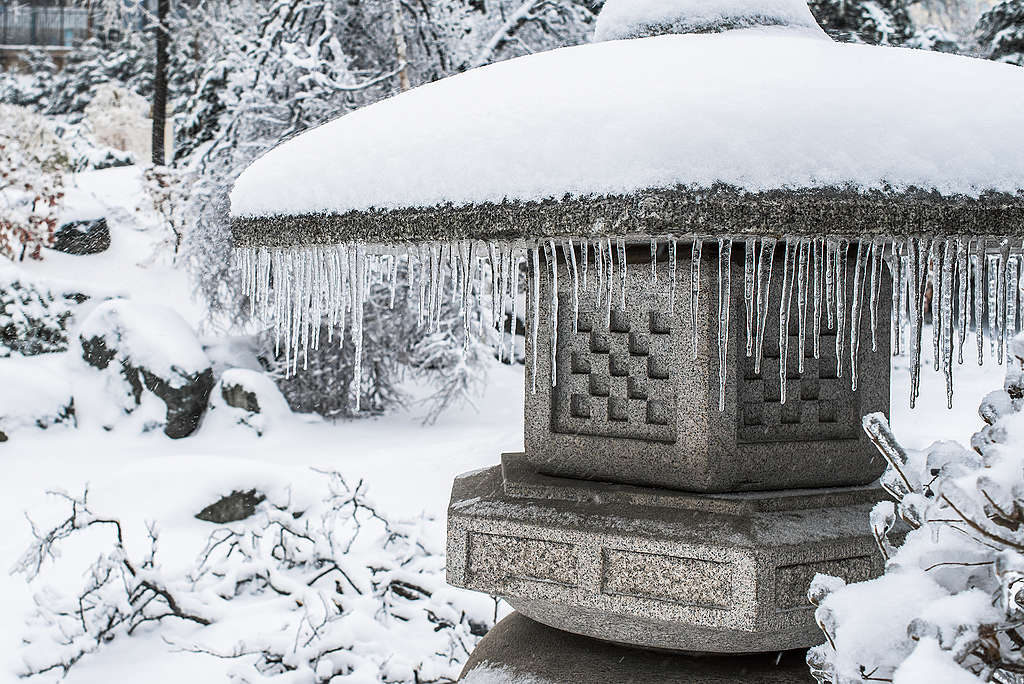Filtered results
-
Book Review: The Unintended Consequences of Taming Nature
Elizabeth Kolbert lives her stories. In the course of reporting her new book, “Under a White Sky: The Nature of the Future,” she got hit by a leaping carp near…
-
Reality check: Saving wildlife and biodiversity means saving ourselves
If Nature were to stroll into a doctor’s office for a check up today, what do you think the prognosis would be? The symptoms are obvious: polluted life-giving waterways, devastating…
-
NZ’s Climate Change Commission needs to account for the huge potential health benefits of reducing emissions
The Climate Change Commission’s recent draft report and recommendations has helped to kick-start an extremely important process.
-
Is Greenpeace a charity in New Zealand?
People often ask whether Greenpeace is a charity so, for the record, the answer is yes. Greenpeace is a charity in Aotearoa New Zealand.
-
Greenpeace submission on renewable energy consultation
To the Energy Markets team at MBIE,
-
Greenpeace calls for lower nitrate limit
Greenpeace has today launched a petition calling on the Minister of Health and the Government’s new water regulating body to lower the recognised ‘safe’ limit for nitrates in drinking water…
-
Fast action needed on deadly nitrates
Greenpeace is calling on the Government to take urgent action on nitrate levels in drinking water.
-
Wolves, Beavers and the interconnectedness of everything
Kids at home, empty streets and dressing from the waist up, New Zealand’s brief dip back into lockdown last week threw us an interesting reminder - people’s lives are deeply intertwined.
-
The biggest little whales
Pygmy blue whales are a tropical subspecies of the blue whale, and though they are only a few metres shorter in length, reaching about 24m as opposed to the 30m, they are often about half of the overall weight of a blue whale in the Antarctic.
-
How the polar vortex is causing temperatures to plummet and what we can do
Record-breaking frosty temperatures, ice and heavy snowfalls have gripped huge areas of the Northern Hemisphere this winter. For example, cities in East Asia such as Beijing and Seoul shivered in…

